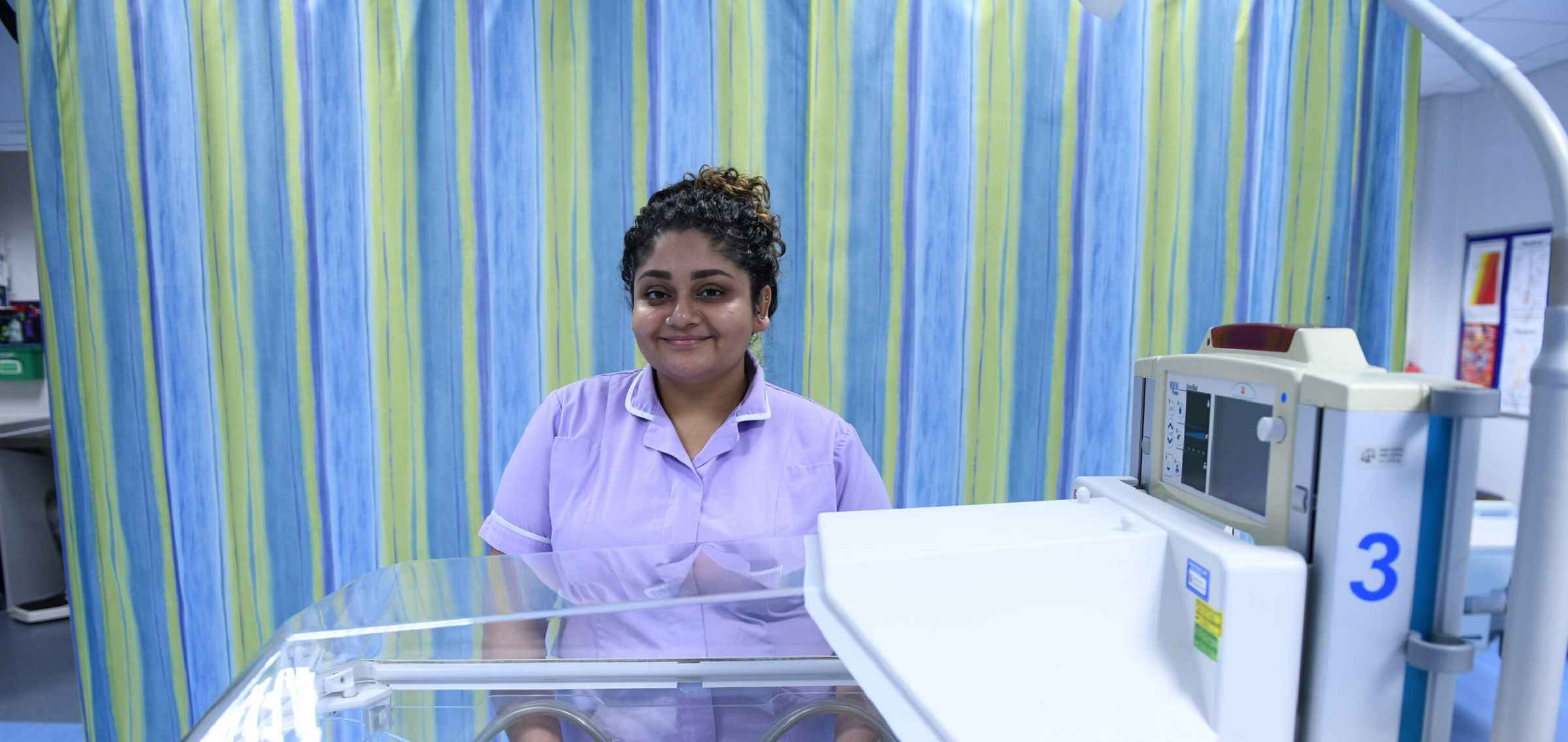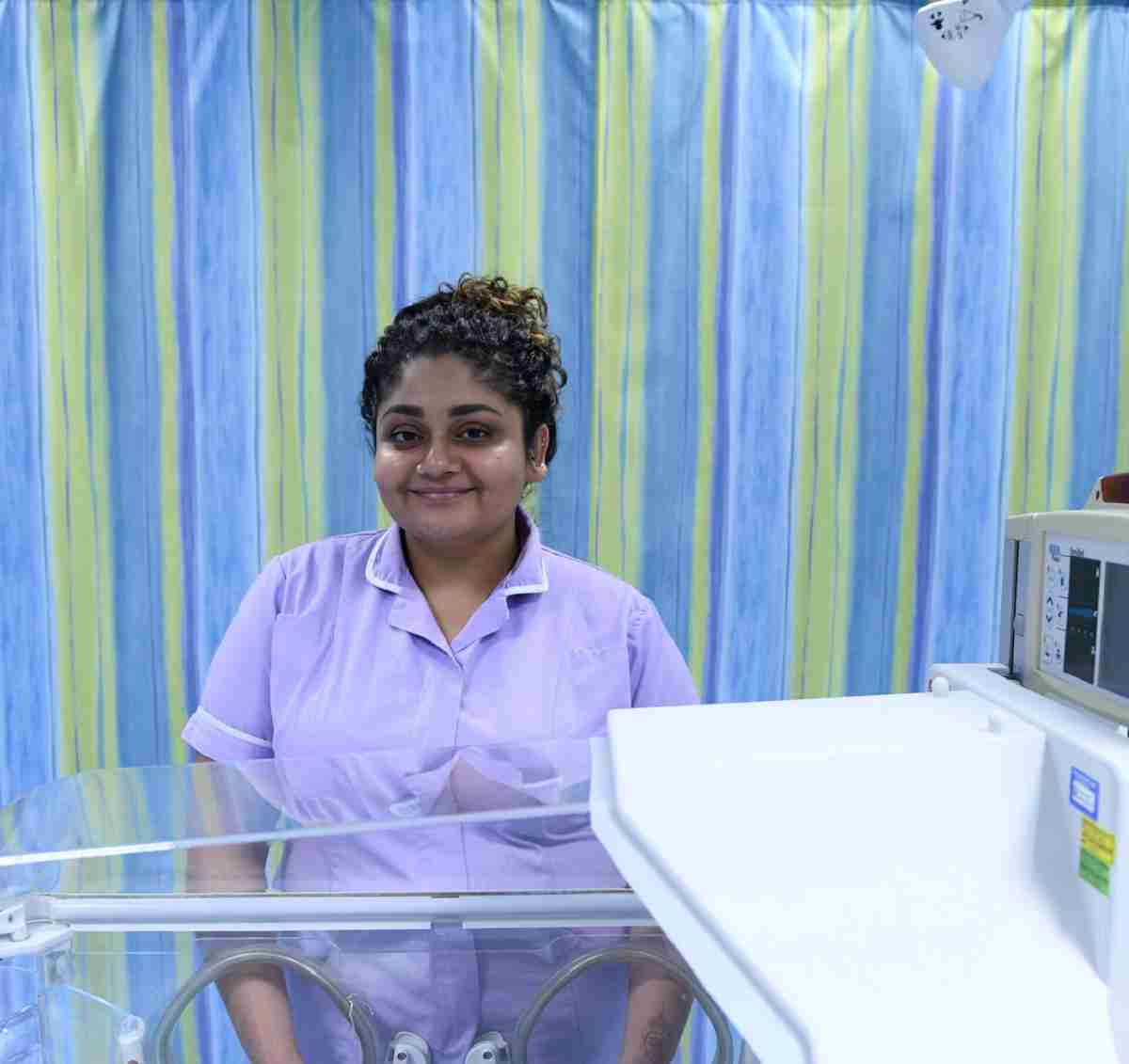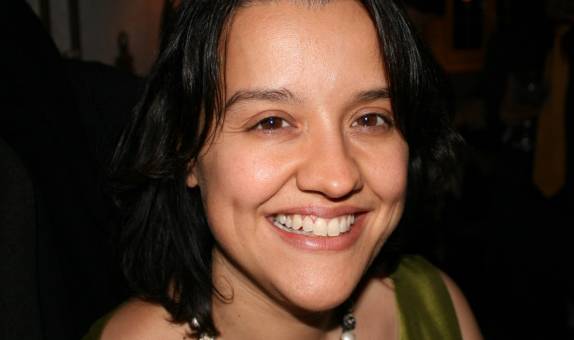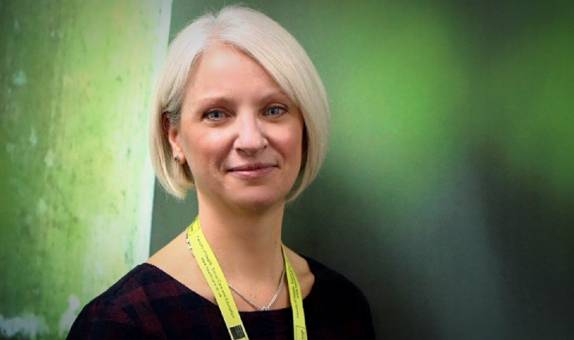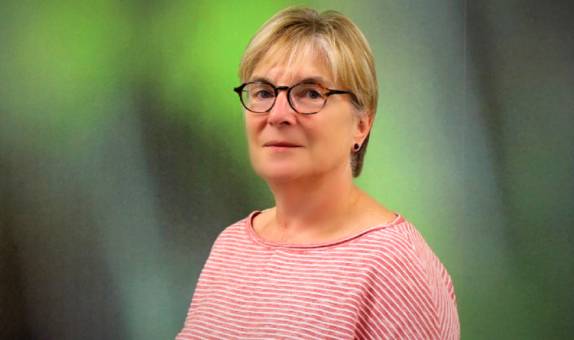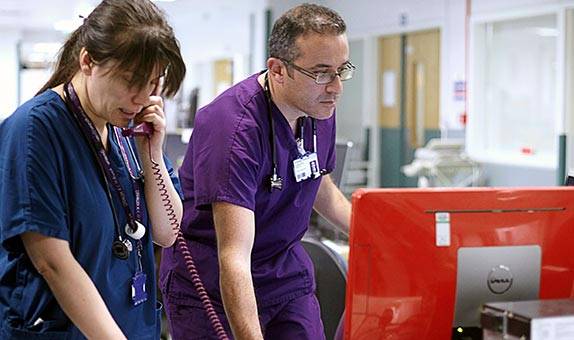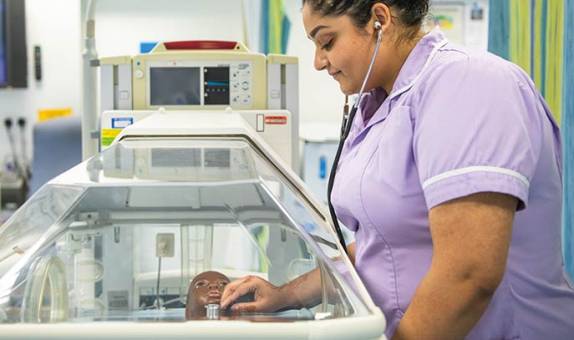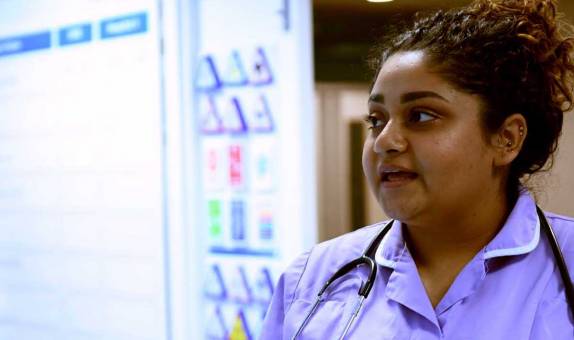Midwifery MSc top-up
Why choose this course?
If you have completed your PGDip Midwifery at Kingston University, you can top up your qualification to an MSc with this one-year course.
You will critically evaluate contemporary midwifery research, further develop your problem solving skills and explore managing unpredictable and complex issues.
You will actively participate in the advancement of contemporary midwifery knowledge, service development and clinical practice through research, creativity and innovation.
| Mode | Duration | Start date |
|---|---|---|
| Part time | 1 year |
November 2024 November 2025 |
| Main Location | Kingston Hill |
Reasons to choose Kingston University
- Through this course you can top up your Kingston University PgDip Midwifery to an MSc in one year.
- There is a 10% alumni discount available on your fees.
- You will be able to progress your career in midwifery, clinical practice, management or education.
What you will study
This Project module is exclusively available to Kingston University alumni who graduated with a Postgraduate Diploma in Midwifery and will enable you to top up to a Masters in Midwifery Degree at Kingston University.
Year 1
Project Module
Project Module
60 credits
You will have the choice of undertaking a project from one of the categories listed below:
- Analysis and discussion of primary data collected through research that you have planned and executed.
- Systematic review and analysis of published material.
- Project in your workplace evaluating or leading to a practice or service delivery innovation.
The module is designed to support you to complete your chosen project and will include preparation and planning for the project, as well as ongoing guidance with the implementation, analysis, discussion and presentation of the outcomes. The project will generally follow from the proposal developed as part of the Improving Practice Through Research module (MW7009) on the pre-registration PgDip Midwifery programme. However, this is flexible, and a novel project may be negotiated to reflect your post-qualifying practice experience or interests. The type of project you undertake must be approved by your supervisor.
In general, the project must relate to advanced practice within healthcare and should be pertinent to your sphere of work.
Entry requirements
Teaching and assessment
This programme is aimed at employed midwives and takes a blended approach designed to provide a flexible, accessible study environment that supports an achievable work/study balance. This inclusive, technology-enhanced approach to learning is a key component of the programme. Online, live and recorded lectures, as well as individual tutorials will be used to support your learning.
Who teaches this course?
You will be taught by leaders in the field who regularly contribute to research, particularly in the care of the mother or birthing person and child, before, during and after pregnancy.
Course fees and funding
After you graduate
This course will help you progress your career, allowing you to lead changes and improvements into practice, move to a more senior role, write for publication and present at conferences.
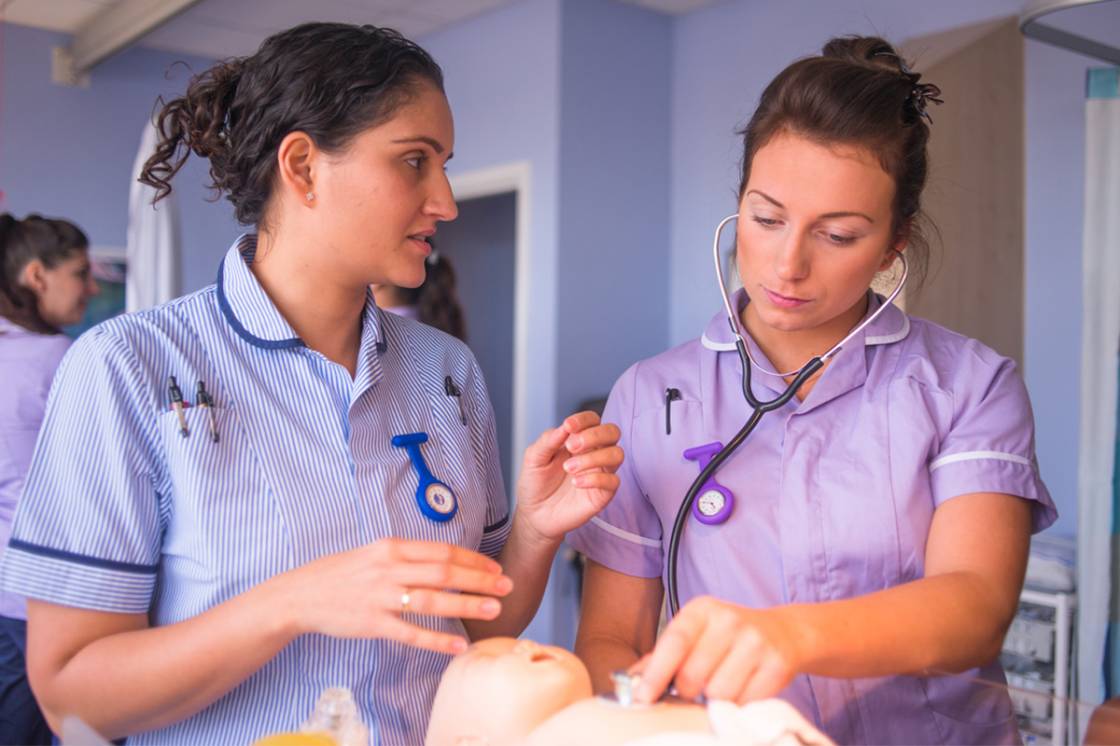
Additional costs
Depending on the programme of study, there may be extra costs that are not covered by tuition fees which students will need to consider when planning their studies. Tuition fees cover the cost of your teaching, assessment and operating University facilities such as the library, access to shared IT equipment and other support services. Accommodation and living costs are not included in our fees.
Where a course has additional expenses, we make every effort to highlight them. These may include optional field trips, materials (for example, art, design, engineering), security checks such as DBS, uniforms, specialist clothing or professional memberships.
Facilities
Our Kingston Hill campus offers you modern facilities and includes well-equipped laboratories where you can practise within a safe environment. Our new simulation suite houses all the equipment needed to develop clinical practice skills.
This versatile space can be used for simulated home settings or a delivery suite setting. It also has a range of equipment, including a birthing pool, birthing mattresses, manikins, resuscitaires and exercise balls for you to learn with.
Current research in this subject
Many of our faculty staff are research active, often in partnership with NHS Trusts. This ensures they are in touch with the latest thinking and bring best practice to your studies.
Midwifery research activity focuses around several key areas:
- Clinical interventions
- Professional practice
- Women's experience of maternity care
- Public health
- International midwifery
We conduct much of our midwifery research and consultancy either in partnership with or on behalf of maternity services, voluntary sector and independent agencies.
Course changes and regulations
The information on this page reflects the currently intended course structure and module details. To improve your student experience and the quality of your degree, we may review and change the material information of this course. Course changes explained.
Programme Specifications for the course are published ahead of each academic year.
Regulations governing this course can be found on our website.
